Upcycled Streetwear: Culture, Consciousness, and the Future of Fashion
BY BoringMonday
July 15, 2025
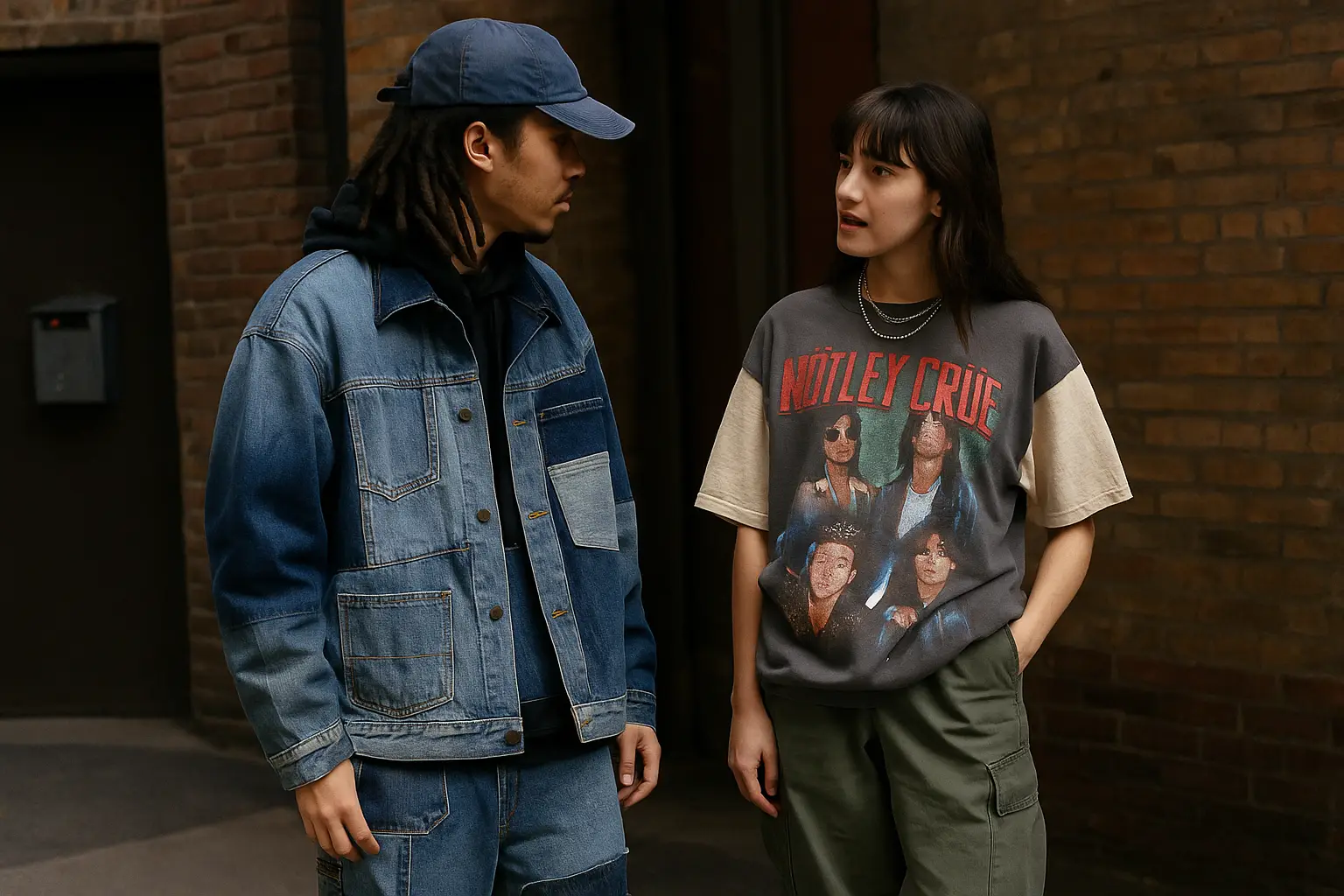
Upcycled streetwear isn’t a trend. It’s a movement. In 2025, where authenticity matters more than ever, the rise of upcycling streetwear reflects a deeper rebellion—not just against fast fashion, but against waste, sameness, and cultural emptiness.
Upcycled streetwear is raw. It's disruptive. It’s about reclaiming discarded materials and giving them new life—often louder, bolder, and more culturally charged than their original form. This article explores what upcycling means in the streetwear world today, why it matters, and how it’s changing the way we define fashion from the streets up.
What is Upcycled Streetwear?
Upcycling streetwear refers to the practice of taking old or discarded garments and materials and transforming them into new fashion items with added value—both aesthetically and conceptually.
Unlike recycling (which often involves breaking down materials), upcycling keeps the raw material mostly intact, reimagined through:
Stitching and layering
Custom dyeing or distressing
Graphic reapplication
Panel fusion or garment reconstruction
It’s punk, it’s DIY, it’s rooted in the same ethos that gave birth to streetwear in the first place: reclaim, remix, resist.
The Roots: DIY Culture and the Punk Origins
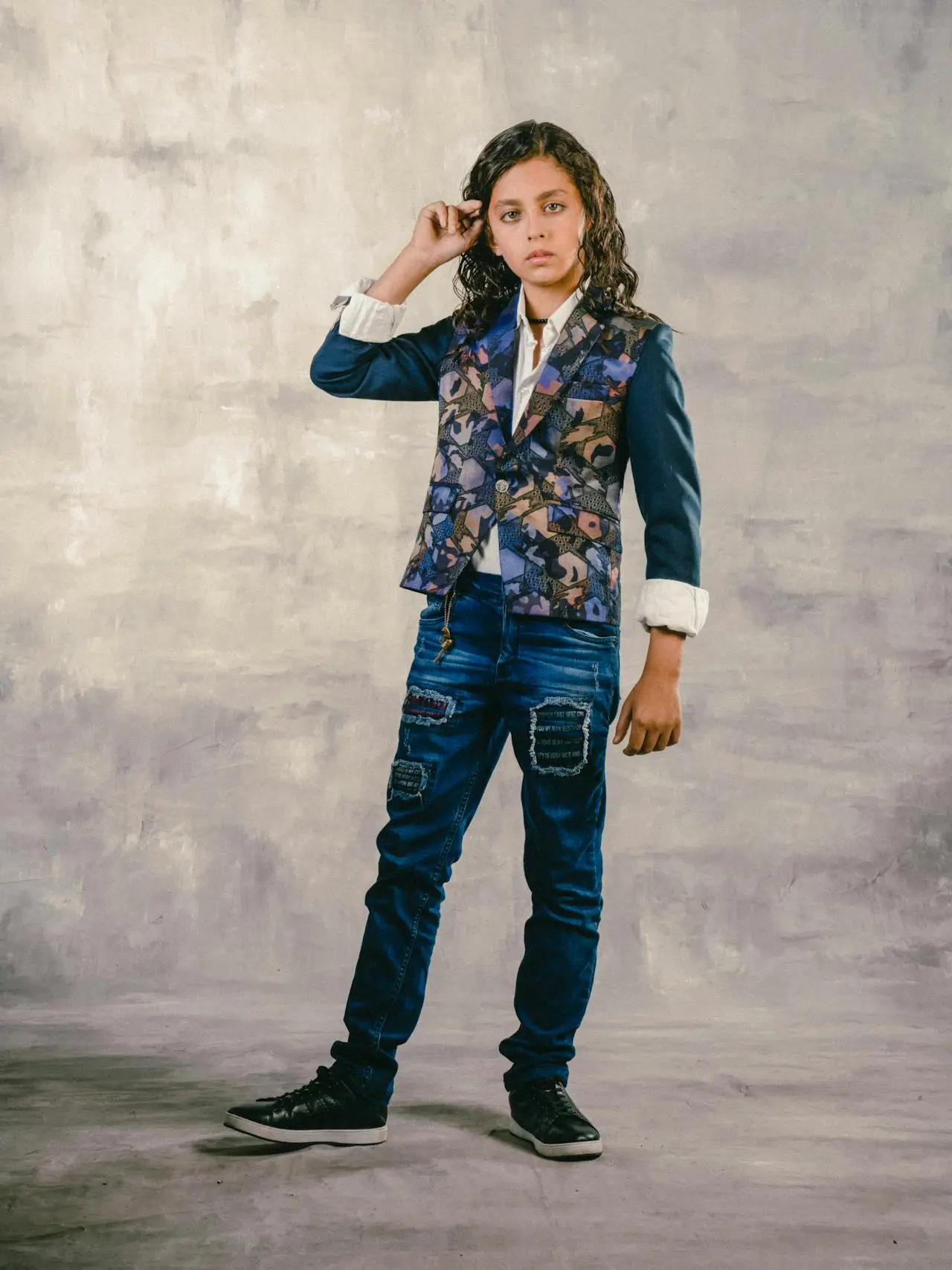
Before "upcycling" became a buzzword, streetwear communities were already doing it:
80s punks cutting up band tees and restitching leather jackets
90s skaters repurposing denim and thrifted military gear
Graffiti artists tagging up thrift-shop outerwear as walking canvases
Upcycled streetwear is a direct descendant of that history. It values the imperfect, the one-of-one, and the defiantly personal.
Why It’s Trending Now
Three reasons why upcycled streetwear is everywhere in 2025:
Sustainability Pressure: Gen Z and Gen Alpha are demanding more from brands—transparency, purpose, and waste reduction.
Creative Uniqueness: In an era of overexposure, people crave what can’t be duplicated by an algorithm.
Cultural Commentary: Upcycled fits often carry embedded stories—fragments of past fashion cycles reassembled as critique.
Upcycling speaks louder than logos. It’s a rebellion in stitches.
Key Characteristics of Upcycled Streetwear
So how do you spot an upcycled piece? Look for:
Patchwork design using multiple sources of fabric
Visible seams, mismatched panels, and raw hems
Asymmetric silhouettes or hybrid garments
Remixed graphics layered with text or screen prints
Unexpected combinations—like denim, nylon, and mesh in one jacket
The imperfections are the point. The uniqueness is the proof.
How Designers Are Shaping the Movement
Some leading brands in upcycling streetwear today include:
Boring Monday – Prioritizing raw storytelling and no-waste denim drops
By Walid – Known for ultra-detailed, one-off creations from antique fabrics
Marine Serre – Blending sci-fi silhouettes with thrifted textiles
Greater Goods – From London, crafting one-of-a-kind outerwear from deadstock
Independent designers on platforms like Instagram and Depop are also pushing boundaries—creating micro-collections from home studios and drop shipping globally.
Upcycling Techniques in Streetwear
Techniques include:
Garment splicing (cutting and joining pieces from different garments)
Bleach dyeing and reverse washing
Graphic layering using vintage tees as canvas
Functional hacking: turning jackets into vests, cargo pants into bags
Stitch graffiti: using threads and embroidery as street language
Many creators share their process openly as part of the experience, inviting the audience into the craft.
Street Style and Styling Upcycled Fits
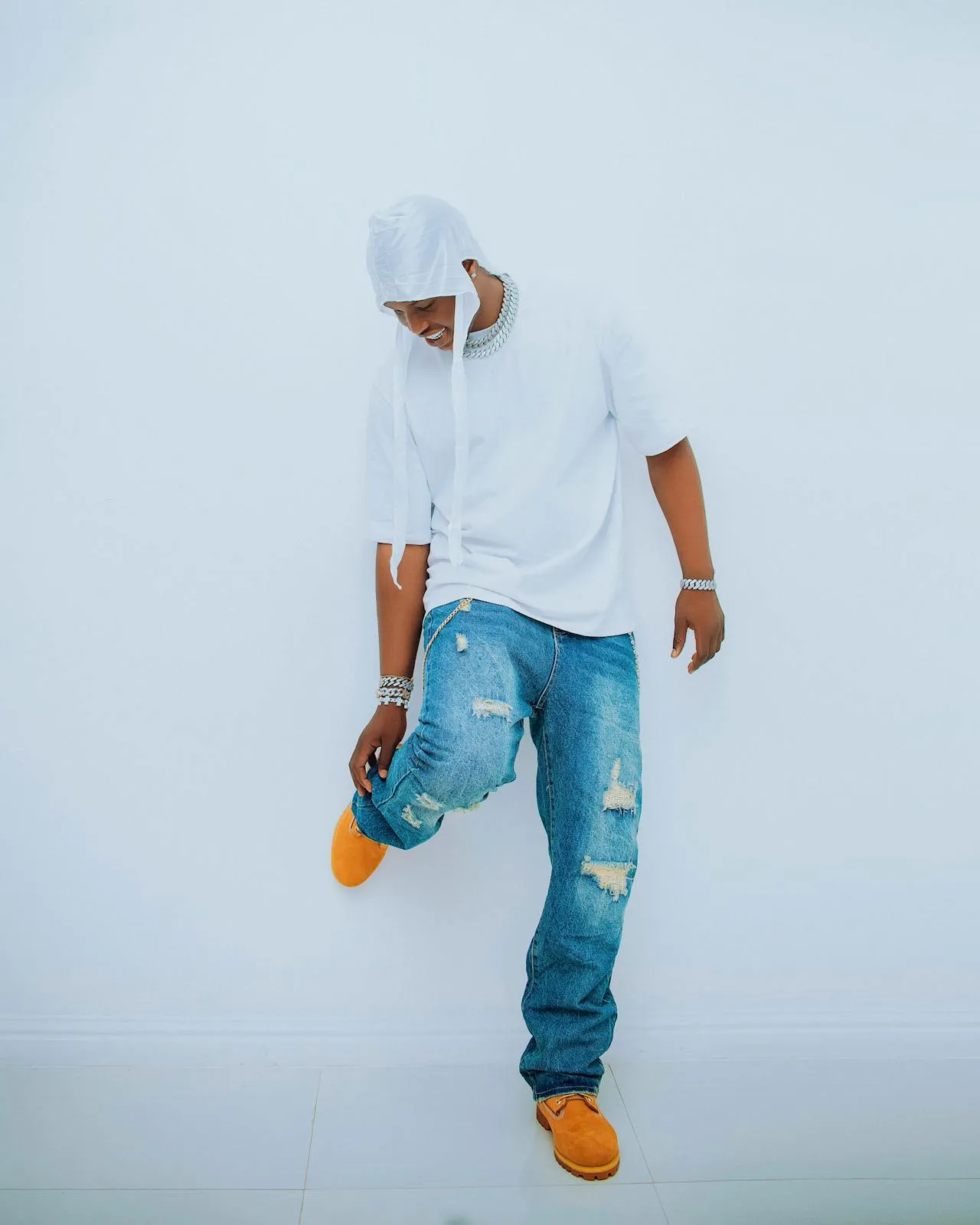
Upcycled doesn’t mean unwearable. In fact, some of the boldest street style today comes from upcycled layering:
Layered denim jackets over techwear cargos
Patchwork tees tucked into asymmetric skirts or wide-leg jeans
Raw-edged hoodies with retro sneakers and military vests
Oversized, reworked trench coats with bucket hats and graphic totes
Each look becomes a personal collage—part fashion, part artifact.
Upcycling and Cultural Preservation
Beyond sustainability, upcycling can also preserve cultural memory:
Repurposing batik or ikat fabrics in contemporary silhouettes
Reworking vintage tour merch or community uniforms
Integrating local artisanal techniques into high-concept drops
It becomes a form of wearable documentation. A streetwear archive.
Barriers and Criticism
Despite its strengths, upcycled streetwear faces challenges:
Scalability: It’s hard to mass-produce while preserving uniqueness
Pricing: One-of-one pieces often carry premium pricing
Authenticity: As the aesthetic becomes popular, fast fashion imitators dilute the ethos
Still, the real creators stay rooted in intention, process, and craft.
The Boring Monday Way: No Waste, All Attitude
At Boring Monday, upcycled doesn’t mean chaos—it means purpose. Each no-waste denim drop is:
Crafted from excess or rescued materials
Designed for layering and longevity
Built to evolve with the wearer, not expire with a trend
It’s not fast. It’s not flashy. It’s fashion with friction—born from real environments and bold minds.
Final Thoughts: Upcycling Is the Future (and the Past)
Upcycled streetwear isn’t about looking perfect. It’s about feeling real—like your clothes reflect your story, not just your size.
In a world oversaturated with sameness, upcycling is resistance. It’s care. It’s creation. It’s a streetwear evolution with soul.
Ready to wear something that actually says something? Explore our no-waste denim collection or contact us to learn more about our process, drops, and community collabs.
Because the future of fashion isn’t new. It’s reworked.
Style Meets Substance
Find pieces that move with you. Every article has a story — now wear one that speaks yours.

Recommendation Lifestyles
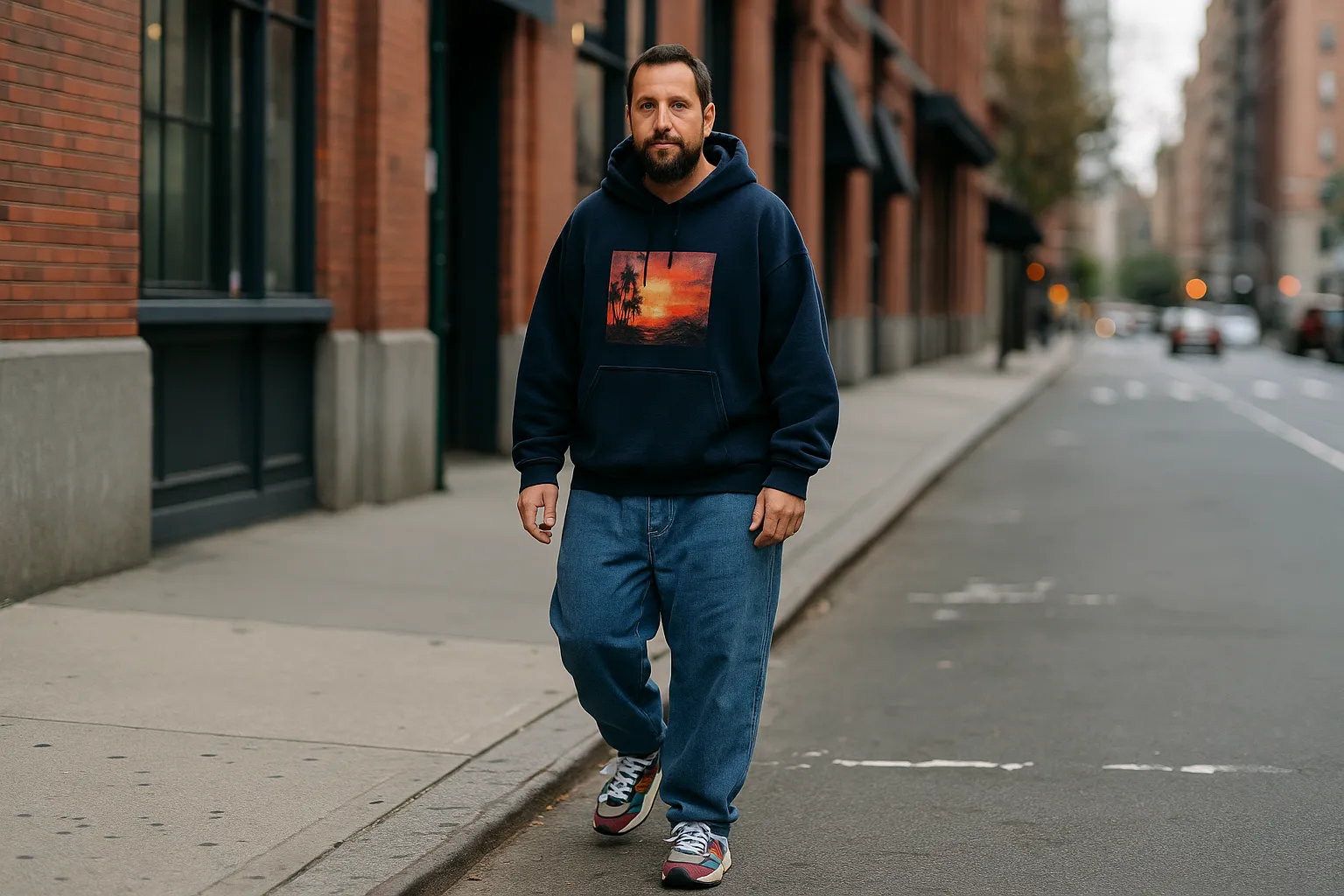
Lifestyles
Adam Sandler Street Style: The Unintentional Fashion Icon
April 24, 2025
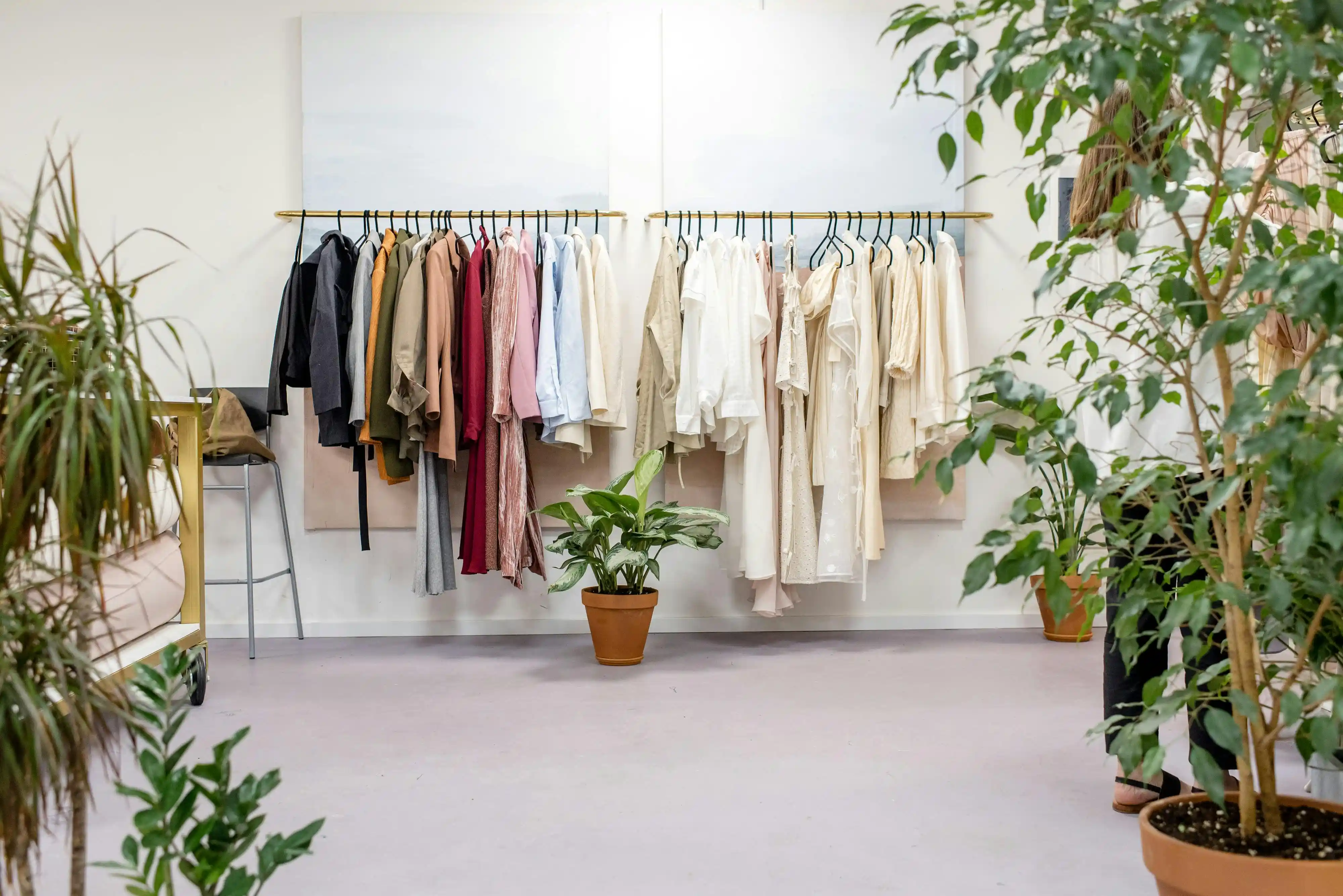
Lifestyles
Fast Fashion vs Sustainable Fashion: Making Conscious Choices for a Better Future
March 22, 2025
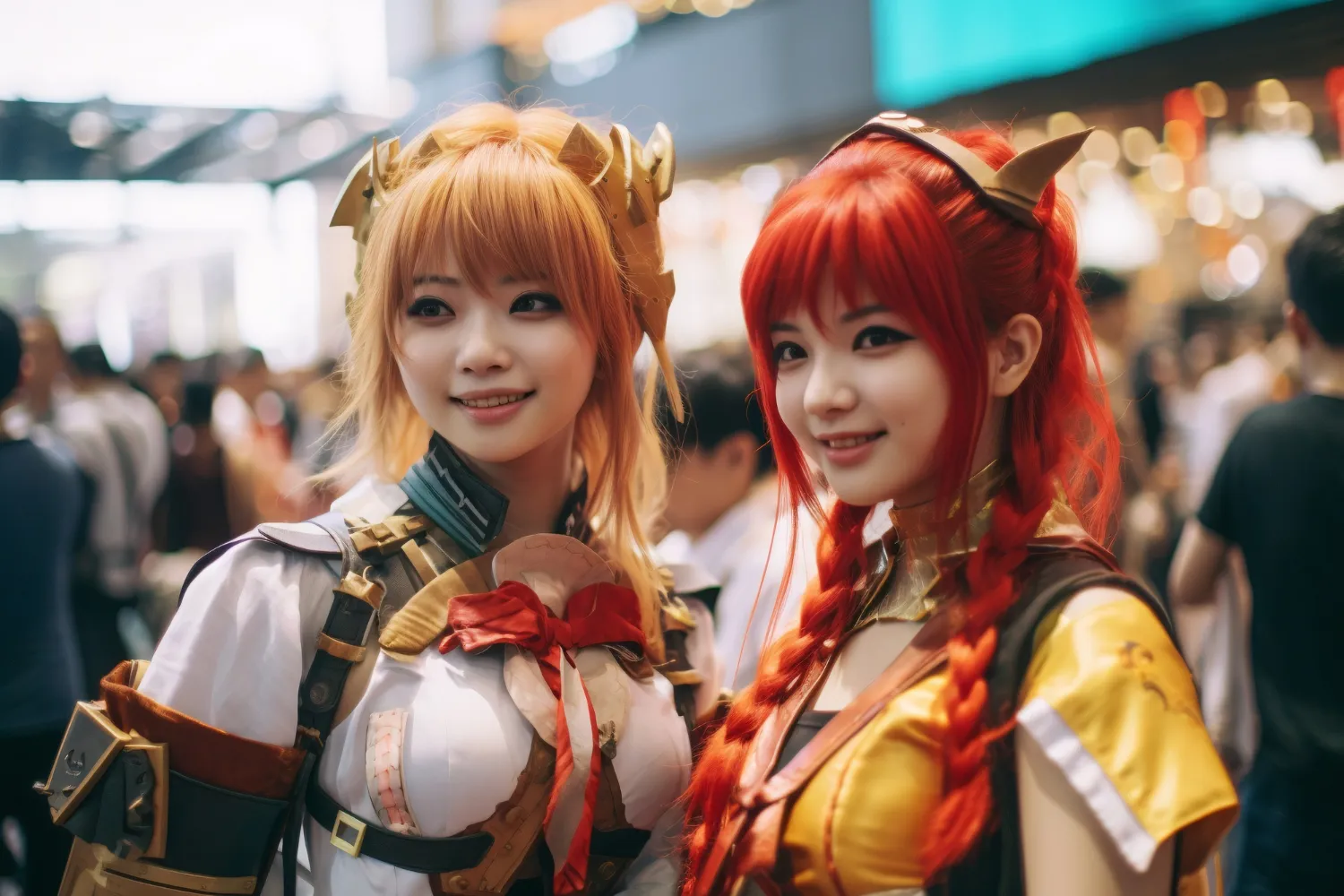
Lifestyles
Best Harajuku Fashion Unveiled The Soul of Freedom
March 18, 2025

Lifestyles
Golf Streetwear Is Redefining the Fairway Fashion Code
July 21, 2025